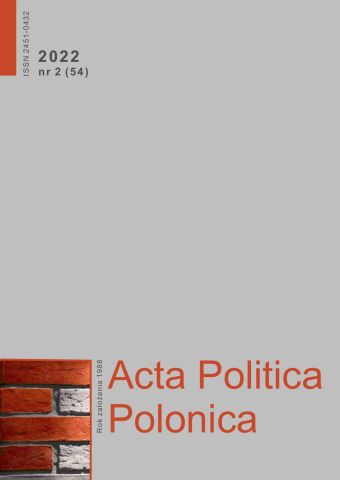The International Community’s Response to the Ghouta Chemical Attack of 2013
The International Community’s Response to the Ghouta Chemical Attack of 2013
Author(s): Piotr PietrzakSubject(s): Politics / Political Sciences, Politics, Public Law, Local History / Microhistory, Security and defense, Peace and Conflict Studies
Published by: Wydawnictwo Naukowe Uniwersytetu Szczecińskiego
Keywords: Ghouta chemical attack; nonproliferation; Syrian uprising; Arab Spring; Middle East
Summary/Abstract: This paper brings to the fore several sociopolitical and legal dimensions related to the international response to the Ghouta chemical attack of August 2013 that completely redefined the way we approach the Syrian conflict in general. This deadly chemical assault should be seen as one of the most important events that defined the way the international community has dealt with the Syrian Arab Spring, for, according to several influential accounts, the magnitude of this attack clearly transcended the inviolability of the nationstate. Yet, despite gathering compelling prima facie evidence that this attack was linked to Bashar al-Assad’s loyalists, the expected full-blown military retaliation against his regime did not occur. The Syrian regime did not face any severe consequences for its actions except for being exposed to the discomfort of temporary international sanctions that obliged the regime to relinquish its chemical weapons arsenal under international supervision. We know today that despite the promised full cooperation from Syrian officials, the mandate to relinquish all illegal weapons of mass destruction was fulfilled only to a limited extent.
Journal: Acta Politica Polonica
- Issue Year: 2022
- Issue No: 54
- Page Range: 83-93
- Page Count: 11
- Language: English

